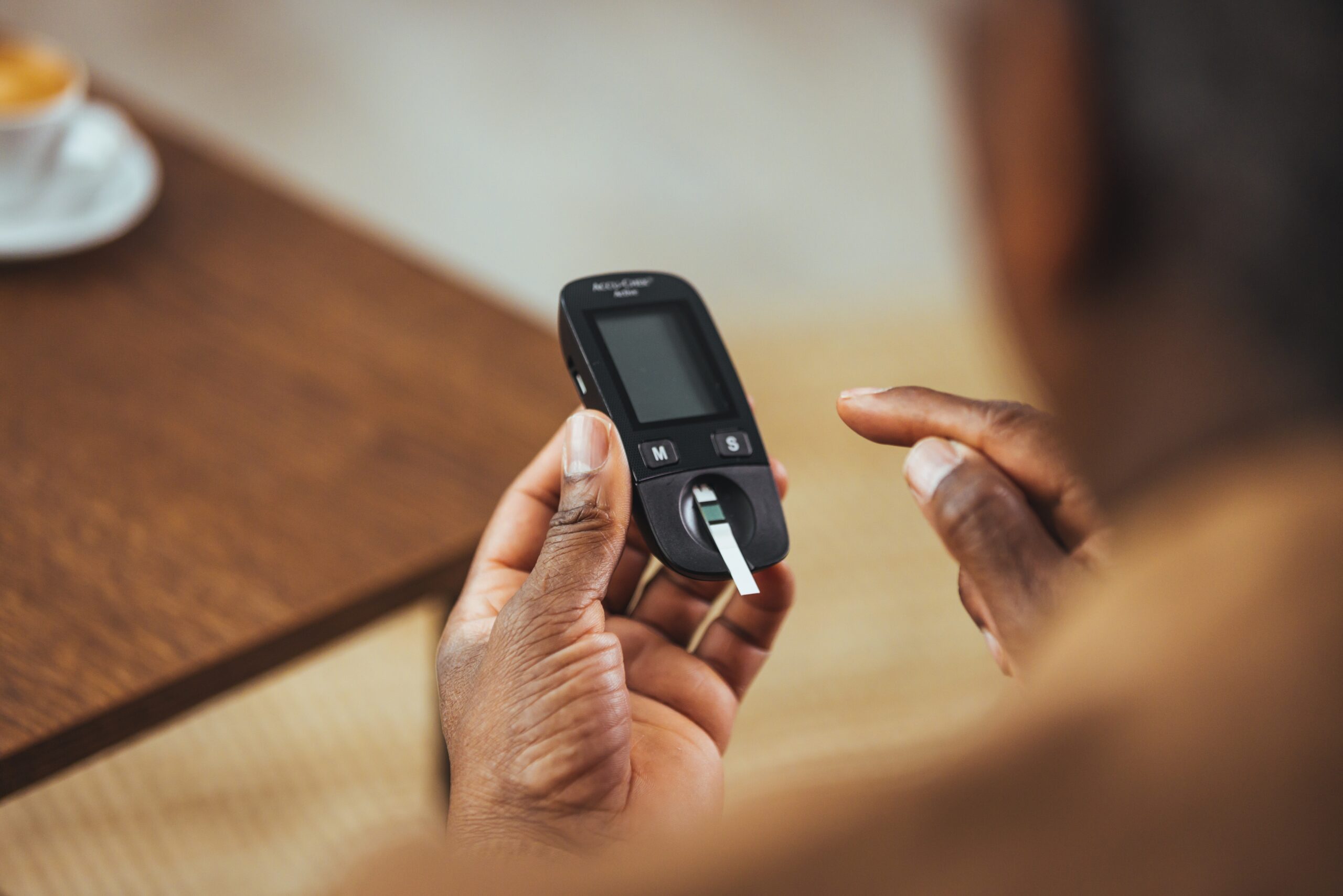Children from deprived and minority backgrounds in the UK are dying at higher rates after admission to paediatric intensive care, but the experts and bureaucrats just keep spinning their wheels, blaming “inequality” while the system keeps producing the same tragic results year after year.
At a Glance
- Major UK study finds children from deprived and ethnic minority backgrounds are more likely to die after PICU admission
- Asian children face 52% higher odds of death compared to White children; kids from poorest areas have 13% higher odds
- Experts blame “systemic inequality” and poverty, but outcomes haven’t improved for decades
- Calls for urgent action and more funding, but little sign of real change in the bureaucratic NHS machine
Shocking Numbers, Same Old Excuses: UK’s Sick System Fails Vulnerable Children
The new research, published in The Lancet Child & Adolescent Health, should be a wake-up call for anyone who still believes the UK’s “universal” health system delivers fairness or results. After analyzing 245,099 PICU admissions from 2008 to 2021, the study finds that children from ethnic minority backgrounds and the most deprived areas are far more likely to die after being admitted to intensive care. For example, Asian children had a staggering 52% higher chance of death compared to White children, and the poorest kids faced 13% higher odds than those from the wealthiest backgrounds. Of course, the NHS and its cheerleaders are quick to blame “systemic factors” and poverty—never mind that the system is supposedly designed to eliminate those very barriers. Maybe the “universal” part only works for those who fit the right demographic profile?
Children admitted to ICUs from more deprived areas or of Asian ethnicity more likely to die, UK study suggests.
Explore the research in The Lancet Child & Adolescent Health: https://t.co/qKGcvdP10H pic.twitter.com/lHrDRAVwXj
— The Lancet (@TheLancet) July 13, 2025
The numbers are as grim as they are repetitive. Asian children had the highest crude mortality rate at 5.1%, while White children were at 3.2%. On top of that, children from ethnic minority backgrounds not only stayed longer in intensive care but were also more likely to be readmitted unexpectedly. And the kicker? Over 44% of these admissions were for babies under one year old—meaning these disparities start before kids have even had a chance at life. Yet, year after year, NHS managers commission the same studies, wring their hands, and call for “urgent action.” Meanwhile, families keep paying the price for a system that can’t get its act together.
Experts Offer Platitudes, NHS Blames Poverty, and the Cycle Continues
If you thought the experts would offer real solutions, think again. Dr. Hannah Mitchell, who led the research, points out that “the effects of deprivation and systemic inequality begin very early in life, long before adult risk factors come into play.” Professor Padmanabhan Ramnarayan warns that intensive care use will keep rising as more children develop complex chronic conditions. And Dr. Helen Stewart from the Royal College of Paediatrics and Child Health says, “Poverty is a key determinant of health, shaping children’s wellbeing and elevating mortality risk in areas of greatest deprivation.” There’s always talk of “systemic inequality,” but no one is willing to call out the system itself or hold anyone accountable. The same folks who presided over decades of failure now want more money and more power to “fix” the mess they helped create. Color me skeptical.
Policy Proposals: More Funding, More Bureaucracy, No Real Accountability
With the findings now public, the researchers have secured even more funding to dig into why deprived and minority children arrive at intensive care in worse shape and deteriorate faster. Policy makers and professional bodies are calling for—you guessed it—urgent action, more research, and new “targeted interventions.” The cycle is as predictable as it is maddening: identify a problem, blame society, propose another committee or task force, and then…wait for the next tragic report.
In reality, the root causes are no mystery: a bloated government system that can’t deliver, a refusal to demand personal responsibility or cultural accountability, and a health bureaucracy more interested in optics than outcomes. Until someone is willing to overhaul the system, demand real accountability, and actually measure results, studies like this one will keep piling up while families from the wrong postcode or background keep paying the price. The only thing that seems to change is the size of the bureaucracy and the number of platitudes in the next press release.














